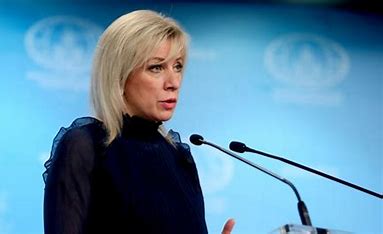In a recent example of the “burnt toast theory,” a man narrowly escaped a tragic fate after a heated confrontation with airline staff prevented him from boarding a doomed flight in São Paulo. The flight, which crashed shortly after takeoff, tragically claimed the lives of 62 passengers. Reflecting on the incident, the man reportedly said, “I argued with him; he saved my life.” His story echoes the theory’s premise: minor misfortunes can sometimes redirect us toward better paths.
A Career Detour Turned Opportunity
Ajay Dev Singh, a mid-level advertising professional, had a similar turning point in 2009. After being handed a sudden pink slip in New Delhi, Singh found himself facing an uncertain future. Later that same day, he met Anurag Gupta, a well-known digital marketing evangelist, who offered him a chance to shift his career. Inspired, Singh transitioned to digital marketing under Gupta’s guidance, a change that led to a successful new path. Reflecting on his journey, Singh now describes the job loss as his “burnt toast”—a seemingly negative event that led to unexpected success.
The Concept of ‘Burnt Toast Theory’
The “burnt toast theory” suggests that minor setbacks can spark events with positive outcomes. Dr. Radhika Sharma, a life coach and motivational speaker, explains, “Sometimes, what feels like a setback is actually a redirection towards something better.” Embracing inconveniences, Sharma advises, can open the door to unexpected opportunities.
Mindset: The Key to Resilience
Psychologist Ashima Dikshit explains that how individuals perceive setbacks often depends on their mindset. Those with a “growth mindset” view challenges as chances to learn, while those with a “fixed mindset” see them as failures. According to Dikshit, resilience and optimism—essential elements of the burnt toast theory—can be developed over time. “By consciously seeking silver linings, people can train their minds to see opportunities where others see obstacles,” she says.
Turning Setbacks into Strengths
Dr. Sharma recommends practising gratitude, even for setbacks, as a tool for growth. “Thankfulness for challenges can shift perspectives, opening minds to new possibilities,” she says, encouraging people to journal about past setbacks that turned out to be blessings in disguise. Dikshit also highlights “cognitive reframing,” a method of viewing missed opportunities as stepping stones to better ones, reducing negativity and boosting motivation.
Scientific Backing: The Power of Post-Traumatic Growth
Scientific studies show that minor adversities can foster positive outcomes, a concept known as Post-Traumatic Growth (PTG). Dikshit notes, “Overcoming small challenges builds resilience, preparing individuals for larger adversities.” PTG demonstrates that individuals often emerge stronger and more adaptable after hardships.
So, the next time you face a small misfortune, pause and remember: your “burnt toast” may be leading you to a brighter path.
















